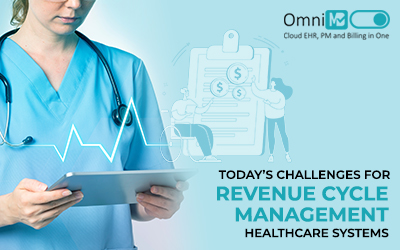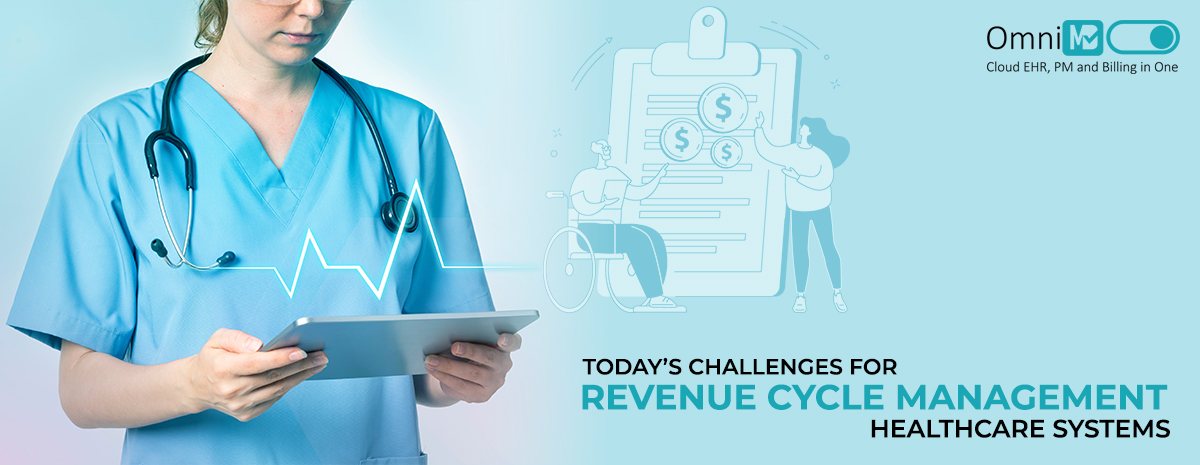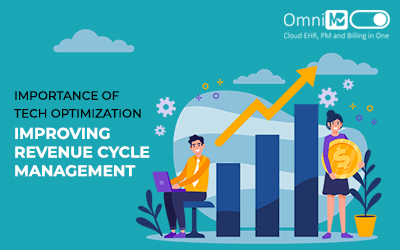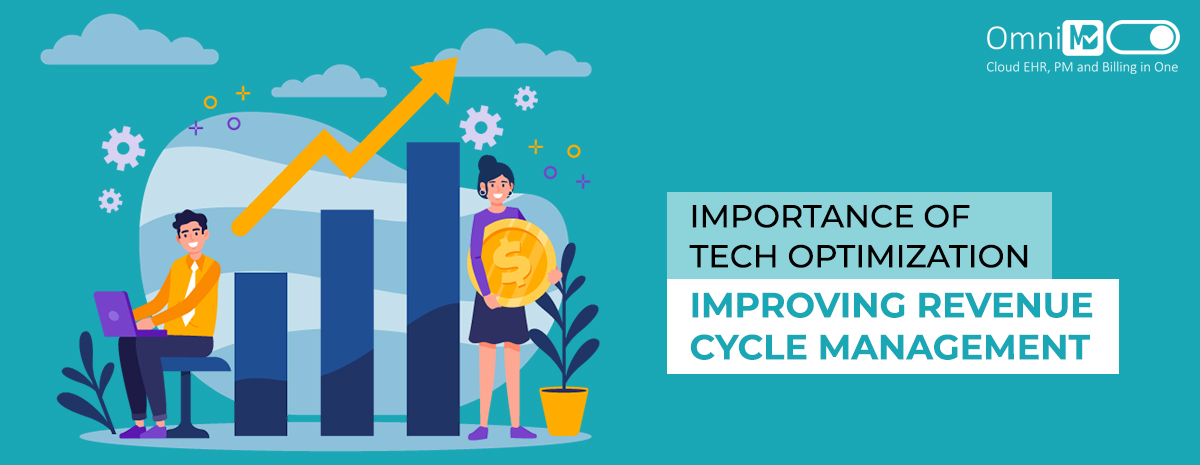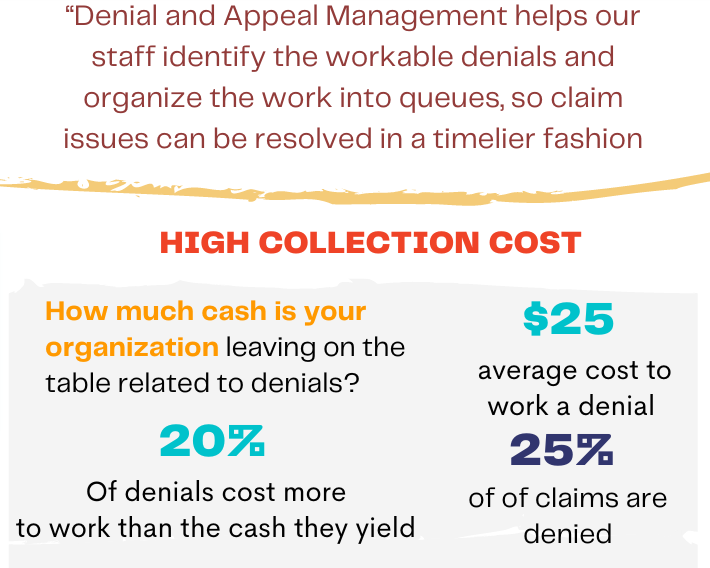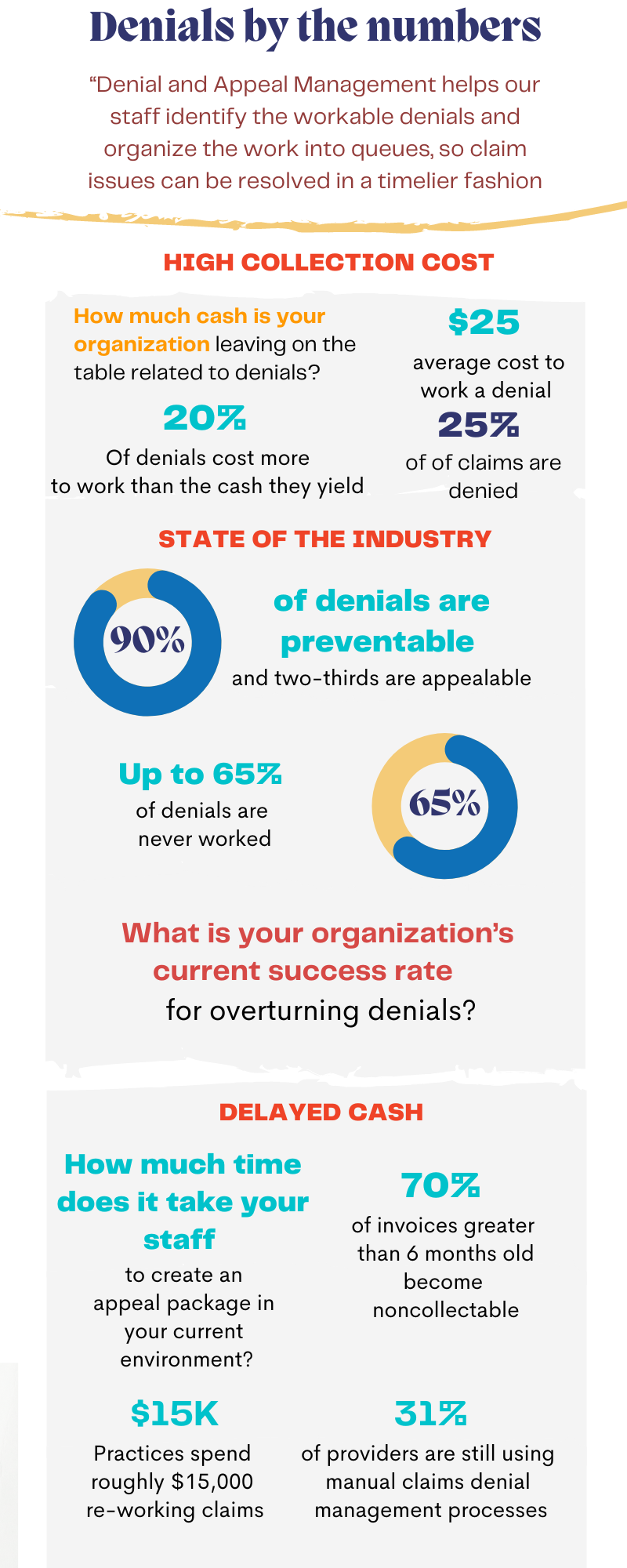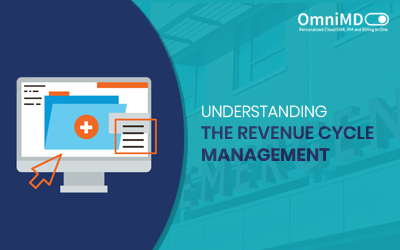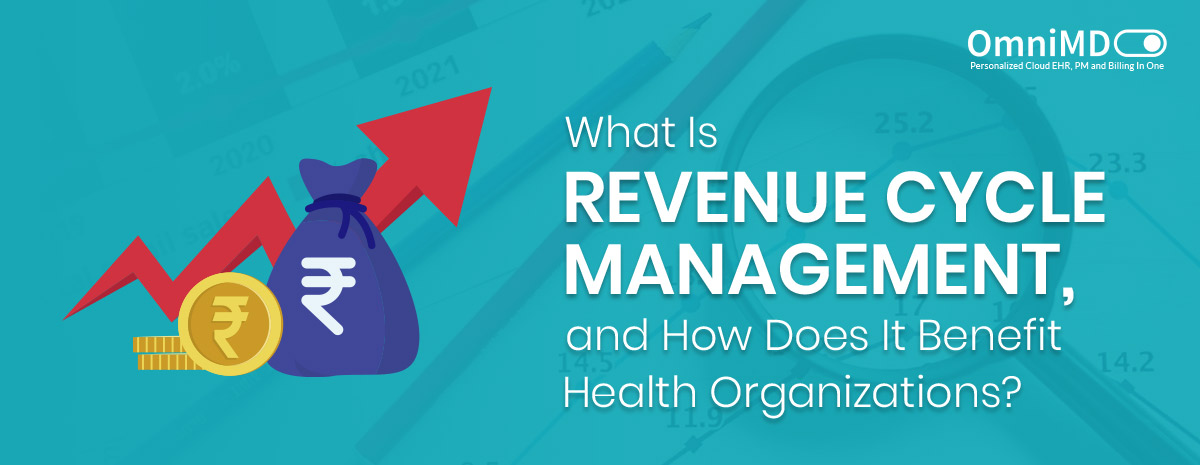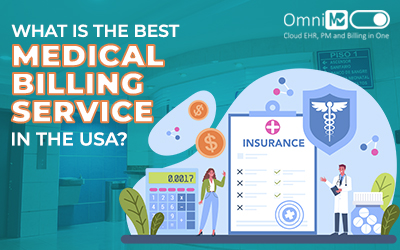
What is the Best Medical Billing Service in the USA?
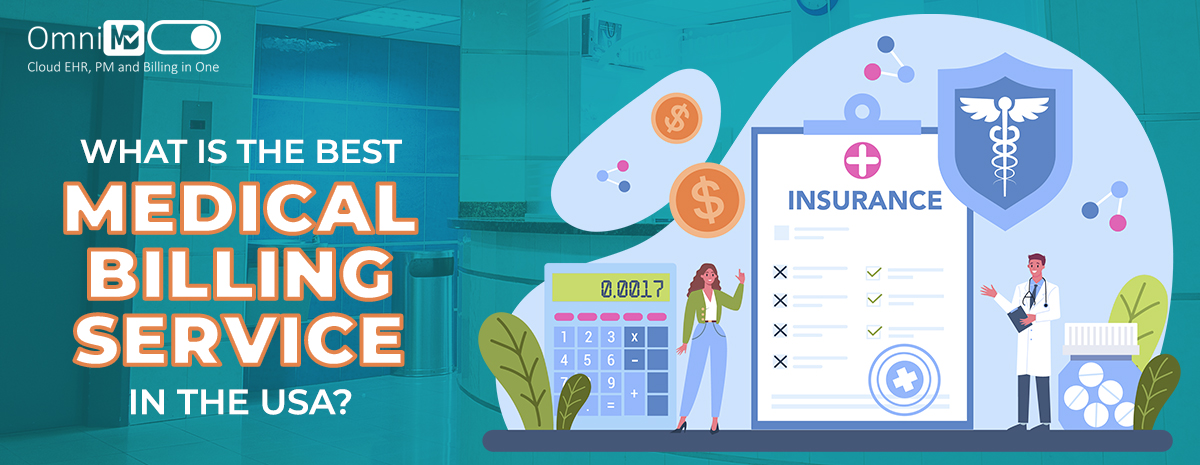
What is the Best Medical Billing Service in the USA?
Medical billing is a complex but essential part of the healthcare industry, and the best medical billing service in the USA is one that can help you maximize your profits. The best medical billing services will help ensure not only that your bills are being paid but also ensure that they are being paid in full and on time with no complications or unnecessary delays. Medical billers work with insurance companies to make sure that patients receive their full coverage benefits for procedures performed by you.
While admittedly, there are quite a vast number of licensed medical billing companies in operation, very few match up to the competence level of OmniMD.
It, therefore, goes without saying that to improve the coding, billing, and cash flow of your medical establishment, you need to choose only the best medical billing software system available. This post highlights why OmniMD is considered one of the best medical billing software solutions providers in the U.S.
Providing a Simplified Medical Billing Process
While medical billing can be cumbersome, our medical billing solution is designed to simplify the medical billing process of your healthcare practice to ensure that your payment claims are accurate and clean at all times.
Our expert team ensures that your practice is always paid by your patients, insurers, or the government on time with minimum hassle. We help your practice recover any lost revenue while ending instances of payment claim rejections. We ensure that you receive your claims promptly to enable your practice to focus on providing quality patient care.
Our team of medical billing experts is conversant with the latest guidelines in coding and billing, so you can rest easy in the knowledge that the processing of every single payment claim will be done professionally. OmniMD can be regarded as your one-stop medical billing service solution for your entire revenue cycle management (RCM) needs.
Pros of OmniMD RCM Services
The OmniMD revenue cycle management (RCM) services offer the following benefits to your medical practice.
Elimination of Billing Mistakes and Claims Rejection
You get paid quickly, as we ensure that there are no billing mistakes, erroneous payments, or claims denials.
Cloud-Based Storage
All patient data, including their medical history and billing information, is stored in our cloud-based system for security, easy accessibility, and paperless documentation.
Savings on Medical Billing Solution Cost
OmniMD provides your practice with medical billing software that can be integrated with your in-house technology systems. It saves your healthcare practice money on independent medical billing software costs, including the cost of employing and training qualified medical billing staff. By reducing your staff requirement, our medical billing solution reduces the need for office space and minimizes your office footprint.
Enhanced Cash Flow
We will streamline your revenue cycle management to promote quicker reimbursement and payment of claims filed to the insurance companies. It ensures that your medical practice has the adequate cash flow to cater to daily operational needs.
Transparency of Operations
We maintain complete transparency of the process. You can view and monitor your RCM process on our platform.
Why should you Outsource your Medical Billing Service to OmniMD?
You should not hesitate to outsource your medical billing service to OmniMD for the following reasons:
- OmniMD consists of over 15,000 healthcare professionals.
- We are currently servicing more than 600 healthcare facilities.
- OmniMD has about 20 years of experience in delivering excellent customer service support.
- We safely, securely, and confidentially manage over 4 million patient records with distinction.
- OmniMD has a 99% customer retention and a 99.95% uptime percentage ratio.
- We offer innovative RCM to eliminate errors in billing and coding, claims rejections, and delays in reimbursements by insurers.
- We automate your medical billing workflow, reporting, and data integration for a seamless end-to-end revenue management process in your healthcare practice.
- We integrate both the EHR and medical billing systems to provide you with a unified software solution suite that meets the specific billing needs of your healthcare facility.
- Multiple billing and eSuperbill templates are available to integrate all your medical services into a single comprehensive bill.
- OmniMD provides you with an eEligibility program that enables you to instantly know the medical services covered under a patient’s health insurance plan.
In Conclusion
At OmniMD, we understand the importance of analytics and reporting to the immediate and future planning needs of every healthcare practice. Our medical billing software provides an analytical dashboard and insightful reporting system for your performance review and planning needs.
OmniMD offers the best medical billing service in the USA. We have partnered up with some of the biggest insurance companies in the country and offer seamless integration between our platform and their systems. Our clients get more than just advanced billing software but also access to our industry-leading customer support team, who are ready to help at any time, 24/7.
If you are an established practice or planning to start one, we can help you increase efficiency and provide the necessary help in implementing and effectively managing your operations.
If you are looking for the best medical billing service in the U.S, look no further than OmniMD. You can call +1 (844) 666-4631 or schedule a demonstration here with us today.

